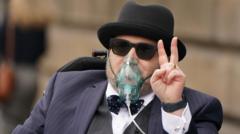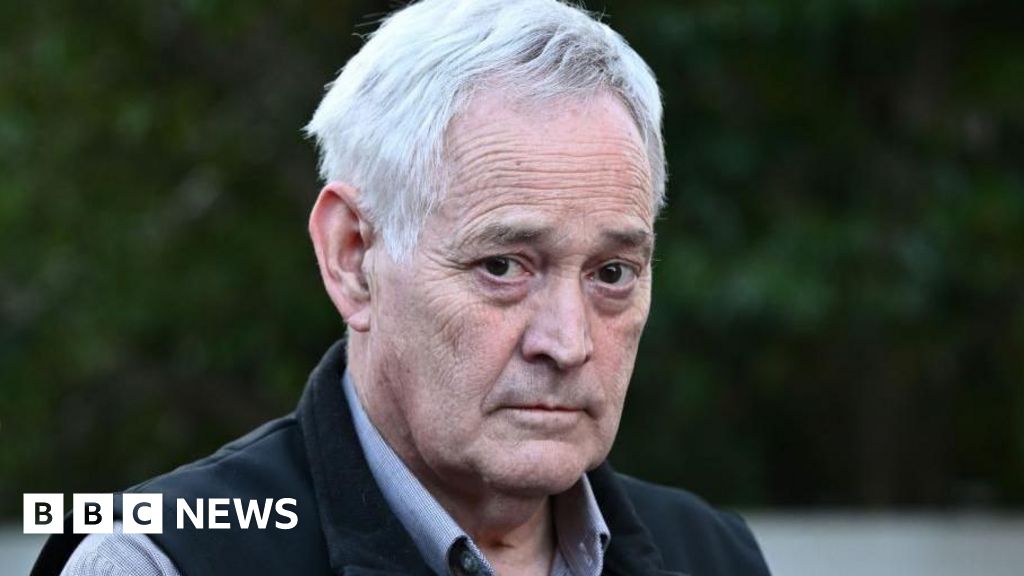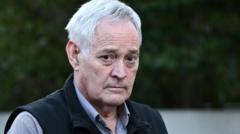Nicholas Rossi, also known as Arthur Knight, gained notoriety following his arrest in December 2021 at a Glasgow hospital where staff recognized him from an Interpol wanted notice. Rossi was fighting extradition to the US on multiple charges, including rape, all while maintaining that he was the victim of mistaken identity. His antics in court showcased a blend of theatrics and denial that captured both media and public attention.
Rossi, seated in an electric wheelchair and often adorned in an eye-catching hat, portrayed a person embodying both charm and chaos, as observed during numerous court appearances. His raspy voice, modulated through an oxygen mask, often narrated a narrative of innocence, claiming to be an Irish orphan who had never set foot in America. The media frenzy intensified when he appeared on camera with his wife, Miranda, recounting a life story filled with claimed hardships yet lacking concrete evidence, such as compulsory identification documents.
Throughout the process, Rossi’s insistence that he was not Nicholas Rossi was met with skepticism, especially from those who recognized the tattoos and physical traits he couldn’t escape. One of his former victims, Mary Grebinski, and his ex-wife, Kathryn Heckendorn, both spoke out, drawing connections to his past and hinting at a longer pattern of deceit and misconduct. The narrative Rossi spun began to crumble under scrutiny as discrepancies surfaced and his claims of being an innocent man appeared more dubious.
Rossi’s legal battle unfolded over a series of bizarre courtroom moments, including lengthy rants and theatrical confrontations with his own defenders that often led to their dismissal. The Scottish courts, still engaged with Rossi's claims, noted the implausibility of his story while the authorities in the US were eagerly awaiting his eventual transfer.
In an unexpected twist during a routine bail hearing last October, the elaborate façade he had maintained for years fell apart when he admitted to being Nicholas Alahverdian, the name he had allegedly abandoned to escape consequences. This revelation raised pressing questions about his reasons for dropping the act and the potential implications for his upcoming trials. As the extradition process culminated, the gravity of the charges against him lingered in the air.
Now, with two rape trials scheduled to commence in August, Nicholas Rossi stands at a critical juncture, no longer merely a fugitive but a man facing serious allegations that persist despite his dramatic attempts to shield himself from accountability. As the legal narrative continues to unfold, the cloaked complexities of his life reveal more about the masquerade of identity and the pursuit of justice in the face of an intricate web of deception.





















